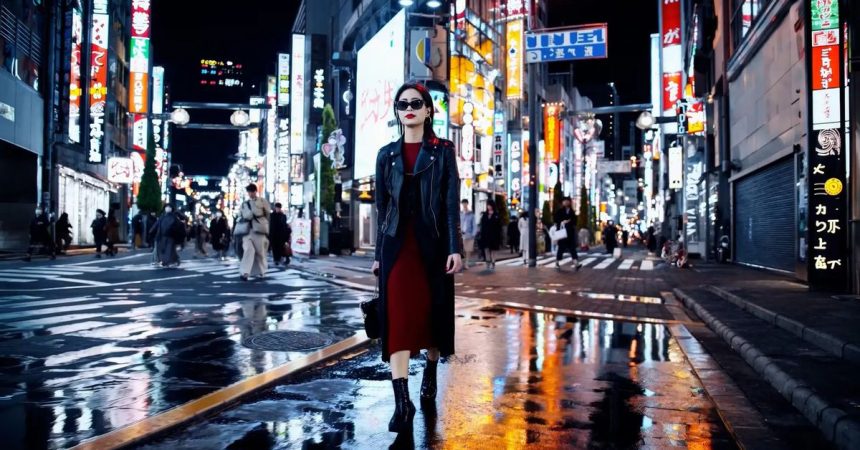OpenAI has unveiled Sora, its highly anticipated text-to-video generative AI model, marking a significant leap in the realm of artificial intelligence. The launch, part of OpenAI’s 12-day “ship-mas” product release spree, grants users the power to transform textual descriptions into dynamic video content, opening up a vast landscape of creative possibilities. Initially available to ChatGPT subscribers in the US and a majority of other countries, Sora boasts an impressive array of features, including the ability to animate static images, seamlessly remix existing videos, and, most notably, generate entirely new videos from simple text prompts. This launch not only underscores OpenAI’s commitment to pushing the boundaries of AI but also raises important questions about the ethical implications and potential societal impact of such powerful creative tools.
Access to Sora is tiered, aligning with OpenAI’s existing ChatGPT subscription models. ChatGPT Plus subscribers receive an allocation of credits, allowing them to generate a limited number of priority videos at a resolution of up to 720p with a maximum duration of five seconds. For users seeking greater flexibility and higher-quality output, the recently launched ChatGPT Pro subscription provides unlimited video generations, higher resolution (1080p), longer durations (up to 20 seconds), the ability to download watermark-free videos, and the capacity to generate multiple videos concurrently. This tiered approach reflects OpenAI’s strategy to balance accessibility with the computational demands of such a resource-intensive technology.
The development and release of Sora have been met with both excitement and controversy. OpenAI first teased the model in February, generating significant buzz within the tech and creative communities. The official launch was further amplified by a preview from tech influencer Marques Brownlee (MKBHD), who shared his early experiences testing the model’s capabilities. However, the launch was also preceded by a leak from a group of artists claiming to have been part of OpenAI’s alpha testing program. They protested what they perceived as unpaid labor for research and development, as well as being used for public relations purposes without proper compensation, sparking a debate about the ethical considerations surrounding the development and deployment of AI models.
Sora introduces several innovative features designed to enhance the creative process. A new “explore” page provides a dynamic feed of AI-generated videos created by other community members, fostering inspiration and collaboration. The “storyboards” feature allows users to craft more complex narratives by generating videos based on a sequence of text prompts, enabling a more structured and controlled approach to video creation. Furthermore, Sora boasts a “remix” tool that empowers users to refine and iterate on generated content through further text prompts, offering a nuanced level of control over the final output. The “blend” feature adds another layer of creative control, seamlessly merging two distinct scenes generated by the AI.
Recognizing the potential for misuse, OpenAI has implemented safeguards to mitigate potential risks associated with AI-generated content. All videos created with Sora will feature visible watermarks and C2PA metadata, clearly identifying them as AI-generated. Furthermore, users are required to agree to terms of service before uploading any images or videos to the platform, prohibiting the inclusion of content featuring minors, explicit or violent material, and copyrighted material. OpenAI has emphasized that violation of these terms could result in account suspension or permanent bans. These measures reflect the company’s efforts to address concerns about misinformation, copyright infringement, and the potential for malicious use of AI-generated media.
OpenAI acknowledges the ongoing challenges of balancing creative freedom with responsible use. Rohan Sahai, Sora’s product lead, emphasized the company’s commitment to preventing illegal activity while simultaneously fostering creative expression. He acknowledged that achieving this balance will be an ongoing process and that the initial moderation policies might not be perfect. OpenAI has encouraged users to provide feedback on any moderation issues they encounter, demonstrating a willingness to adapt and refine their approach based on community input. While Sora will be available in the US and many other countries immediately, its launch in much of Europe and the UK is expected to be delayed. This staggered rollout suggests that OpenAI is taking a cautious approach, potentially addressing region-specific regulatory concerns and further refining its moderation policies before wider deployment.



